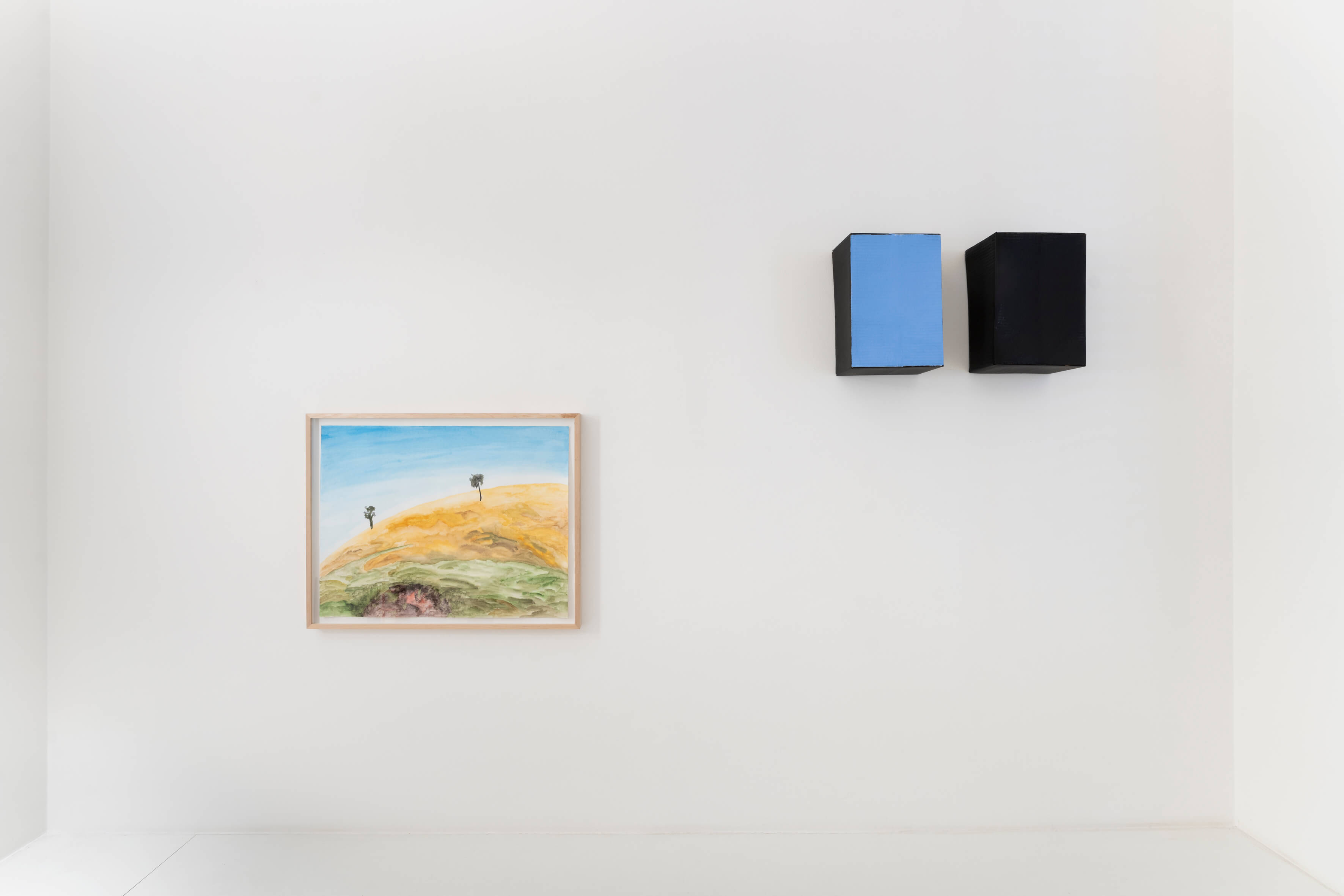
Maria Thereza Alves - 2017
The Flood
A flood devastated a small town in Brazil, and Alves traces the man-made actions throughout colonial history to the present day that caused this destruction. The cattle-stomped hills deliberately denuded of the rainforest – how can we love this injured land?
Maria Thereza Alves, a Brazilian artist living in Europe, researches social and cultural phenomena. Alves focuses on concepts that question social circumstances: what we think we know, who we think we are, and encourages us instead to consider where and how we actually are at this time. Maria Thereza Alves’ artistic trajectory is inseparable from her political activism, whether in support of ecology, the rights of Indigenous minorities, or territorial and decolonising struggles.
Maria Thereza Alves (b. 1961, Brazil) does not favour any particular medium, although her work often takes the form of prolific installations mixing natural and manufactured objects, videos, texts, drawings and photographs. These installations, like real investigations, reconstruct the artist’s explorations and actions within a given territory. Similarly, her field of research and commitment is free of geographical boundaries, whether she engages with urban environments (New York, Manchester) or natural spaces.
The Seeds of Change project, begun in 1999, articulates the issues of colonisation, slavery and ecology. Seeds brought back to Europe by merchant ships are exhumed and then replanted in the heart of large Western cities on floating platforms. The circulation of beings – whether human or plant – allows Alves to construct a paradoxical history of globalisation, marked by uprooting, abandonment, and resistance.



